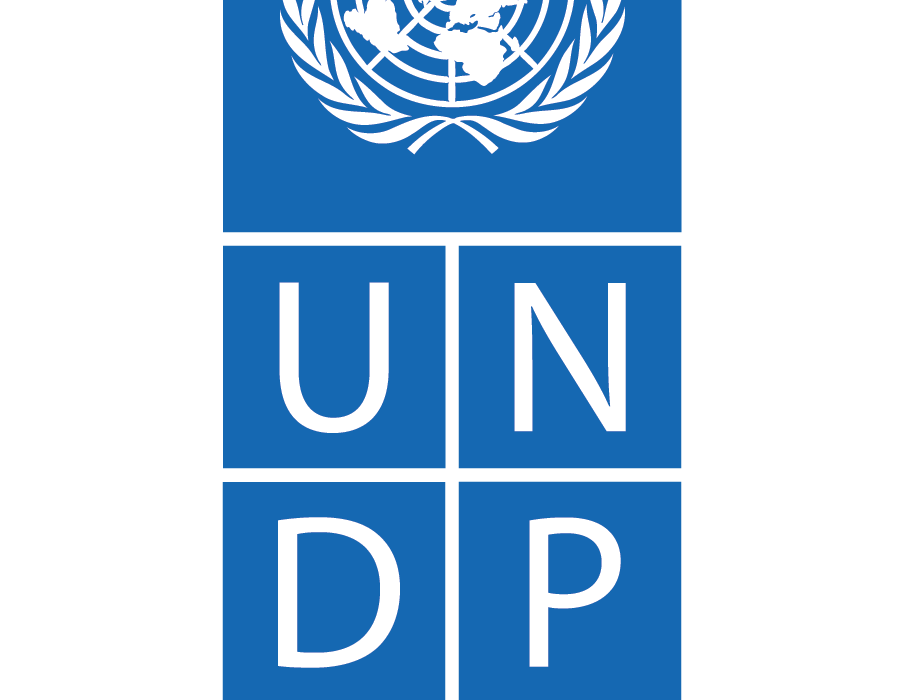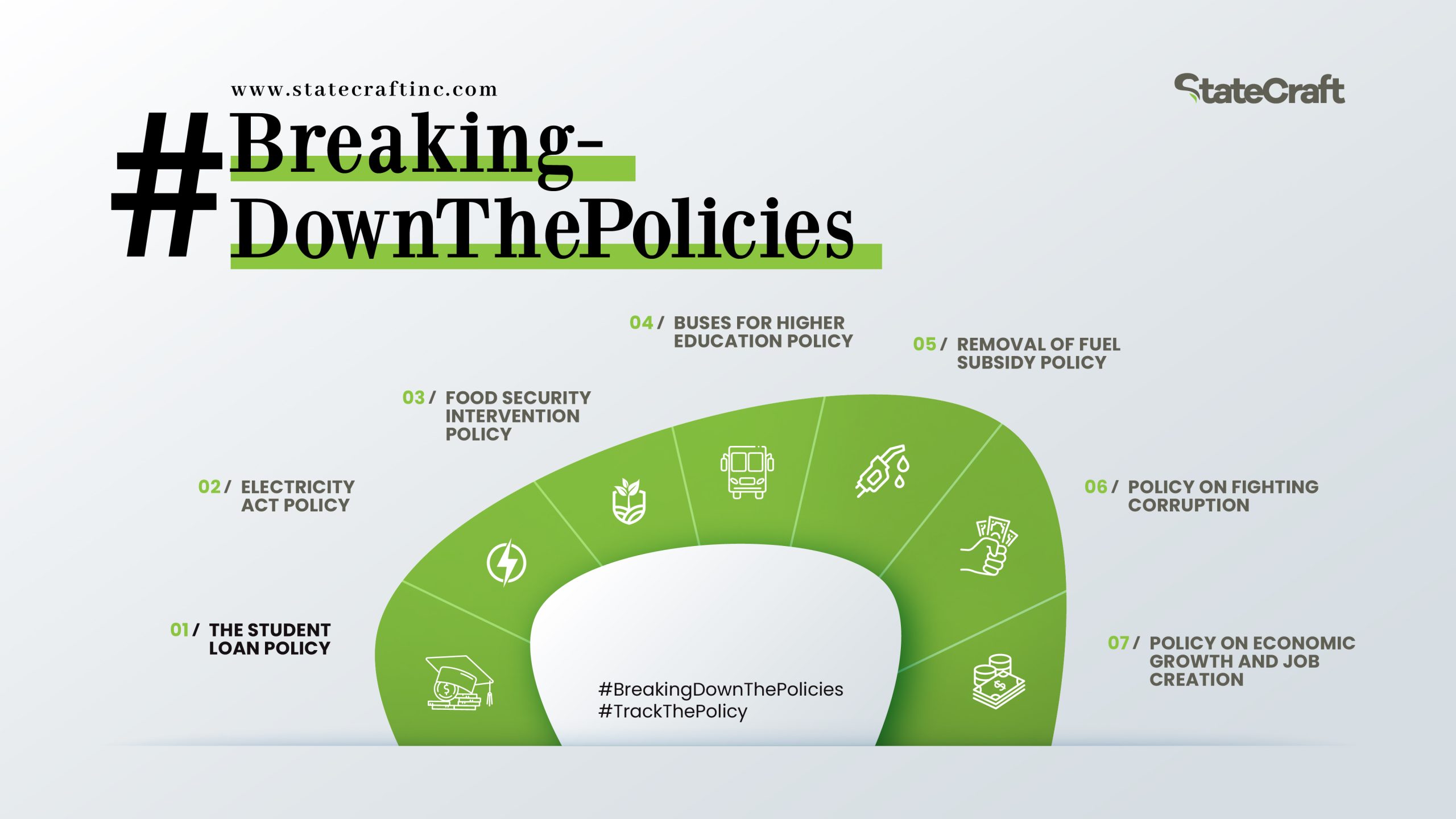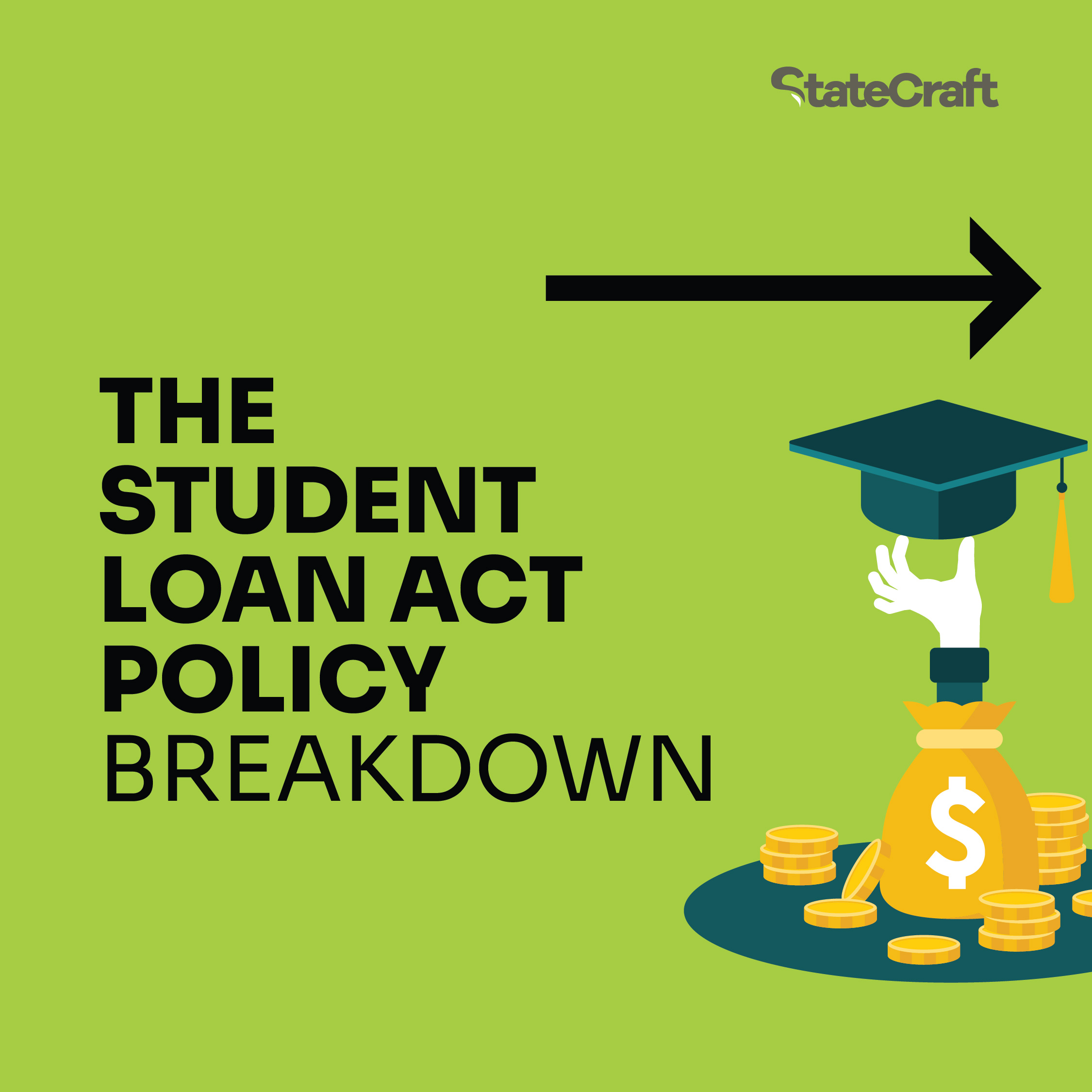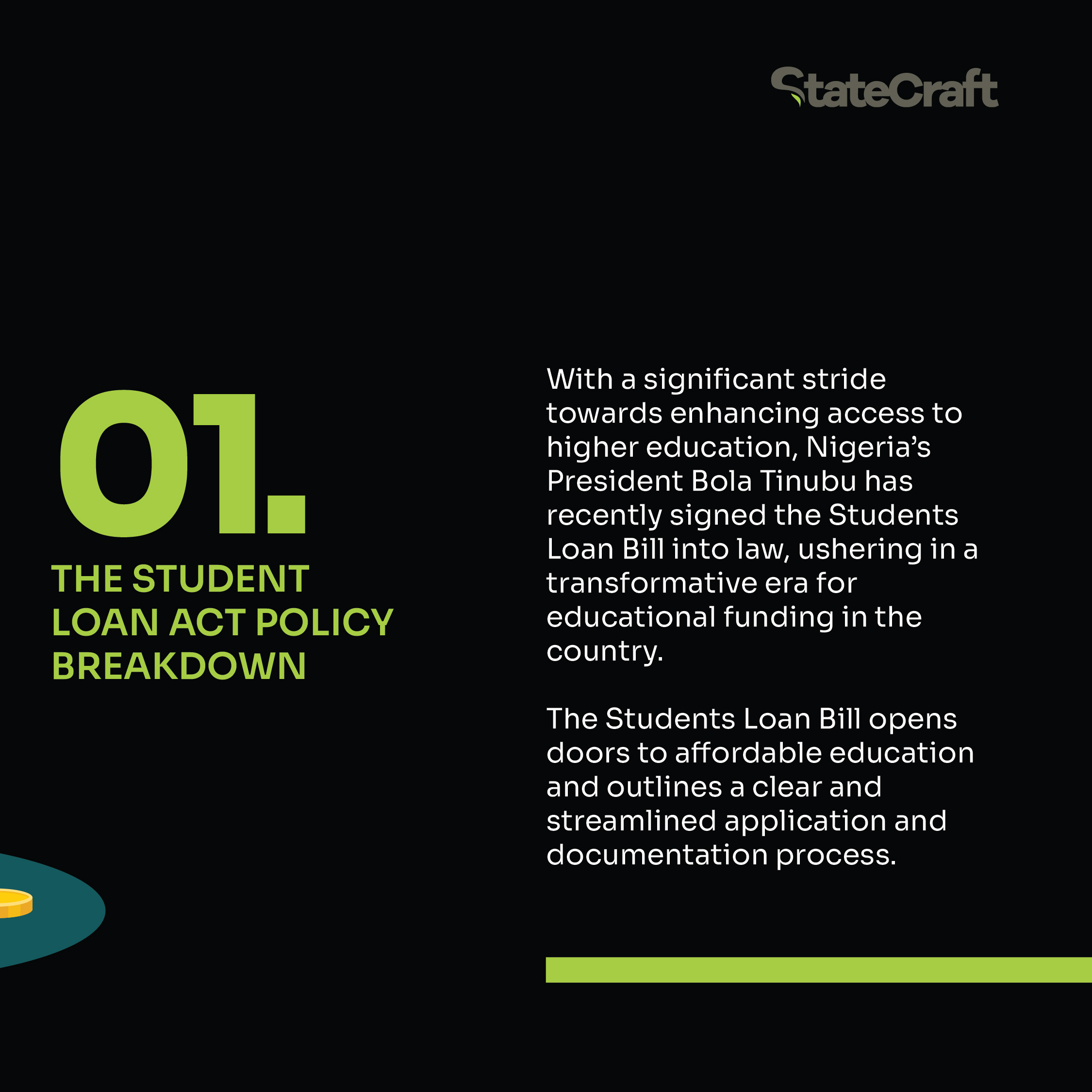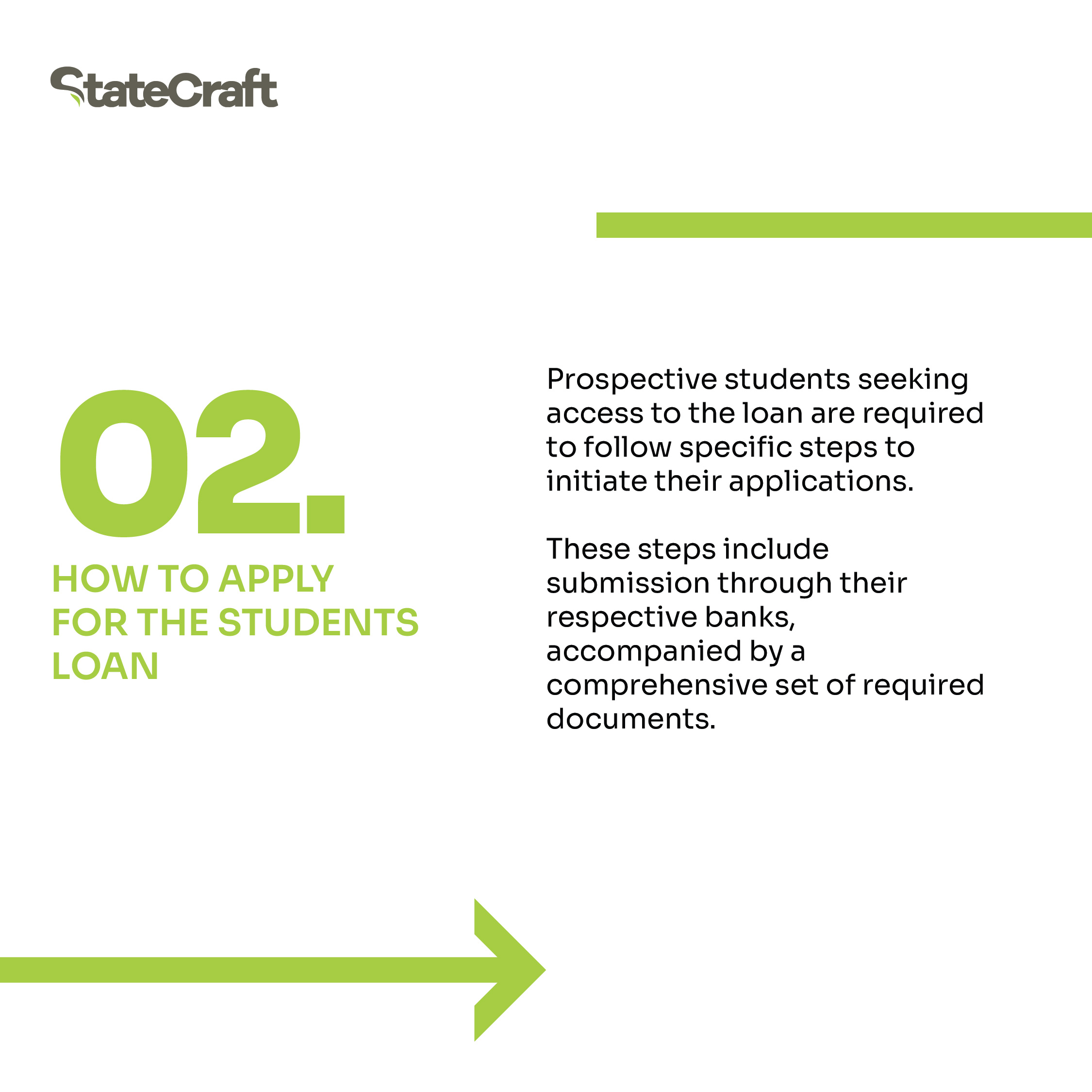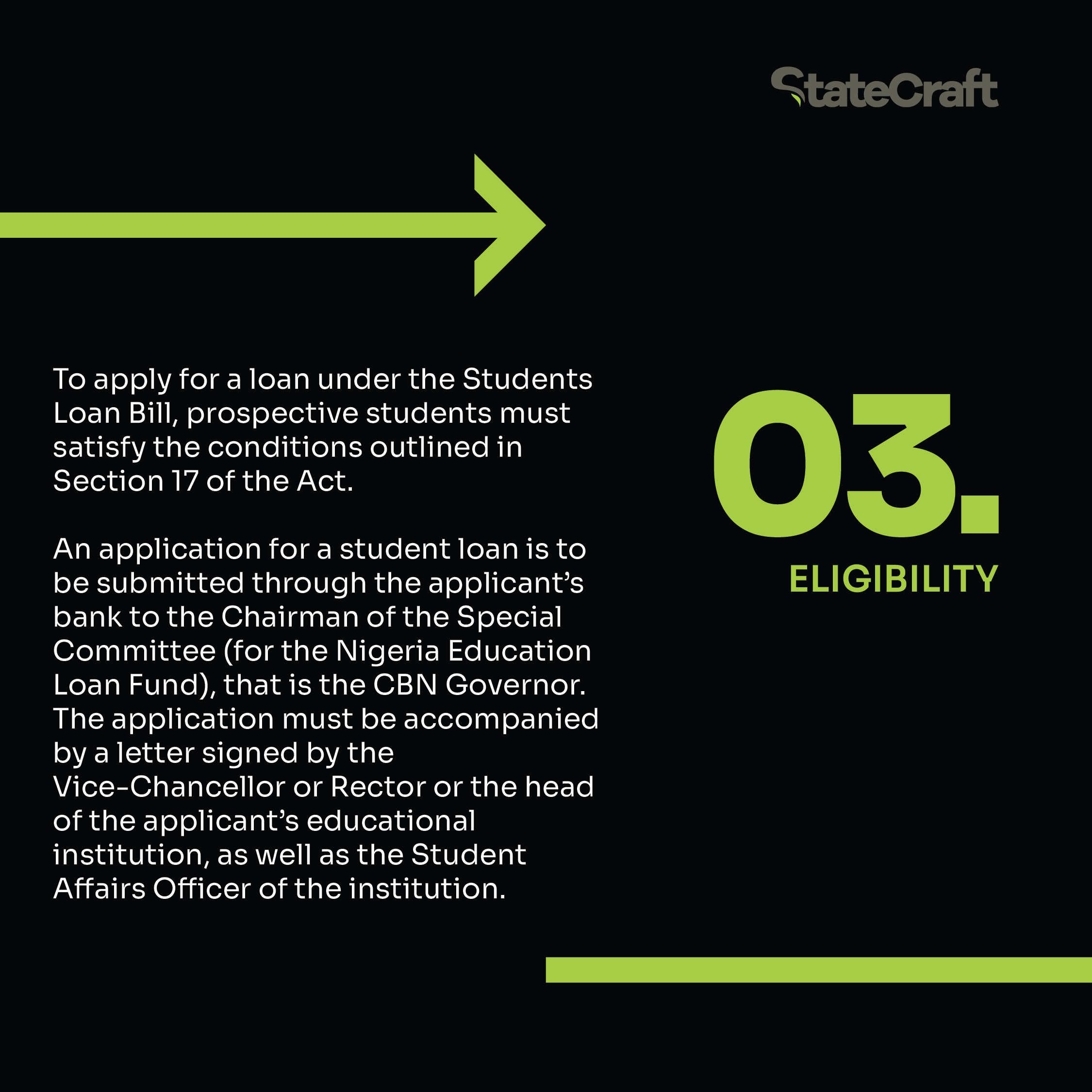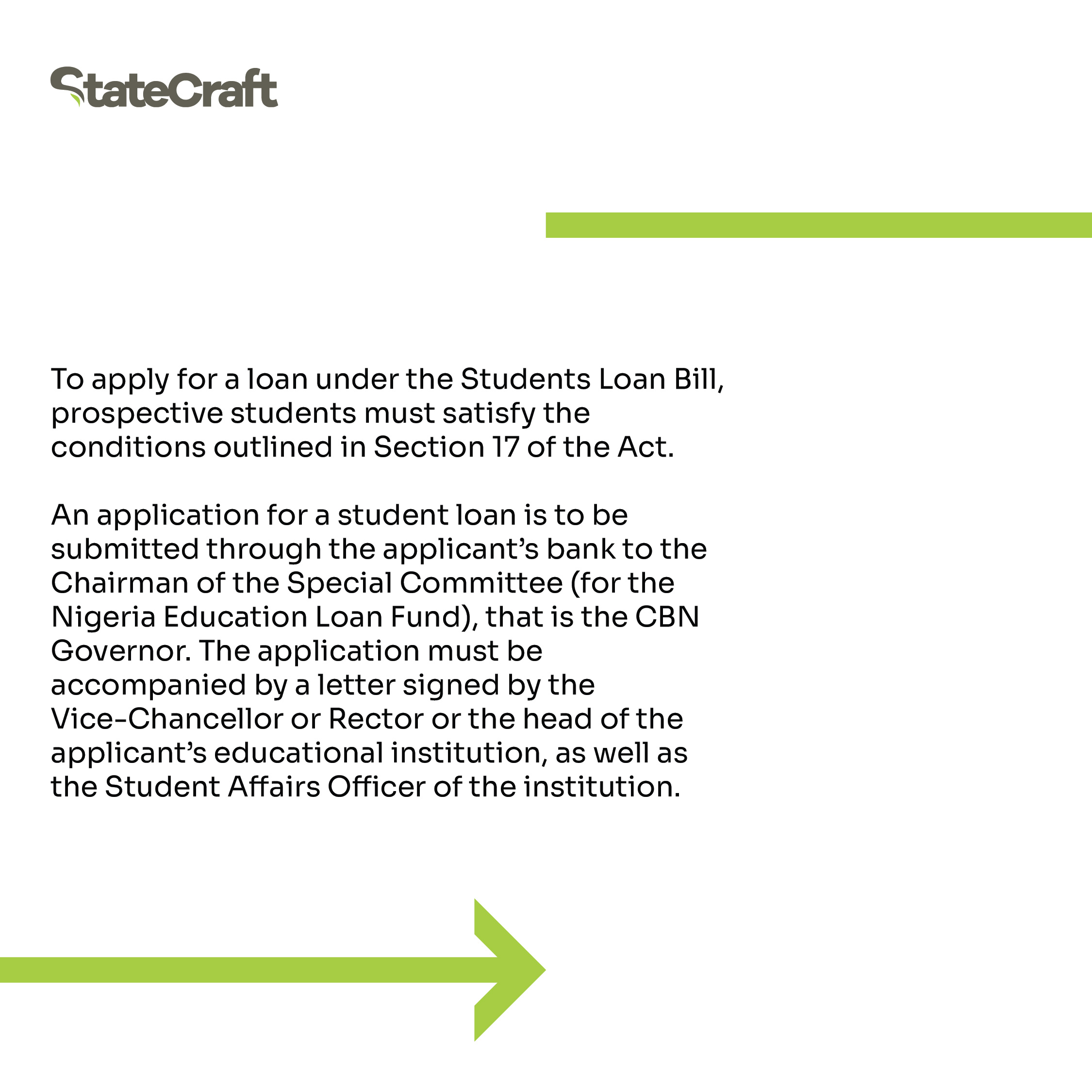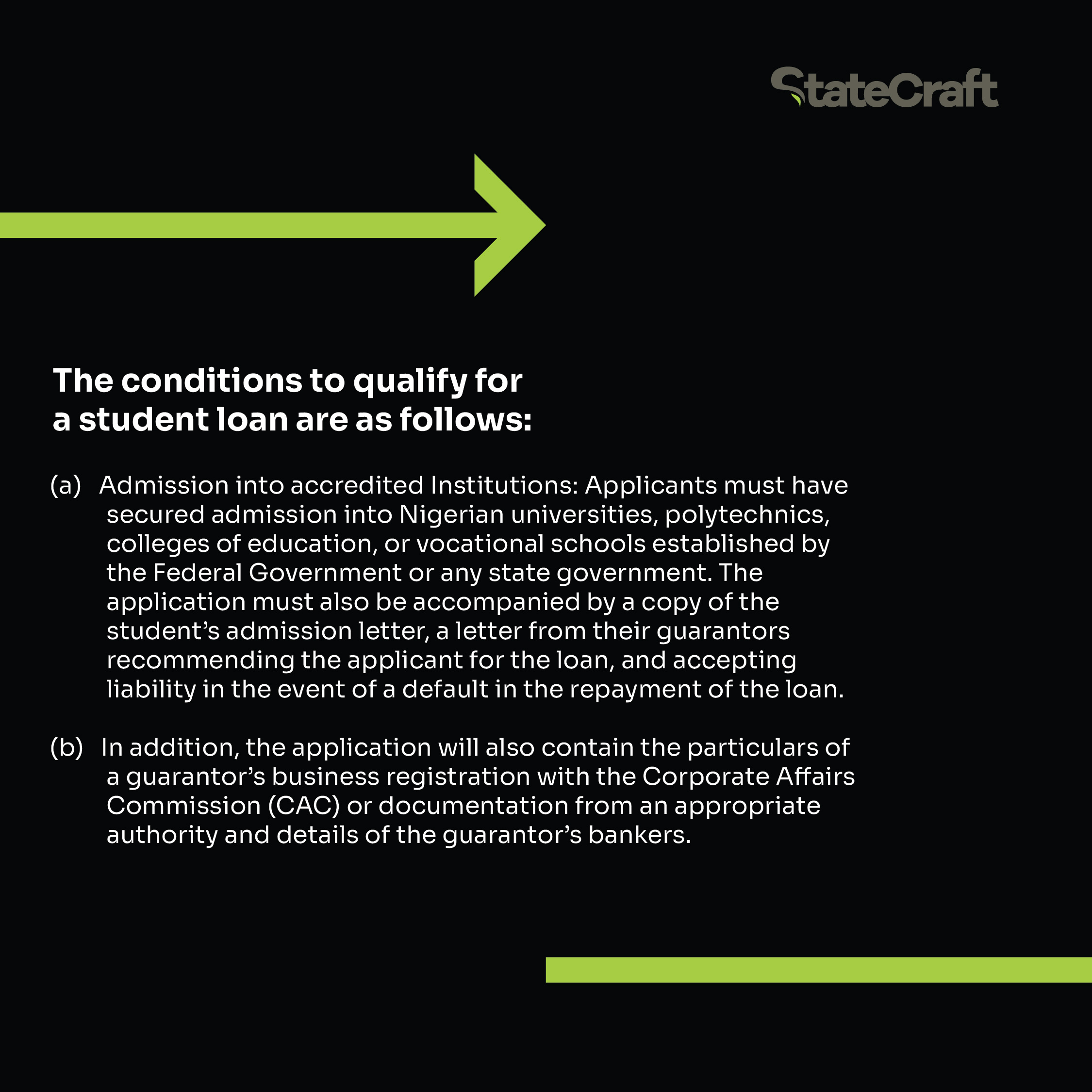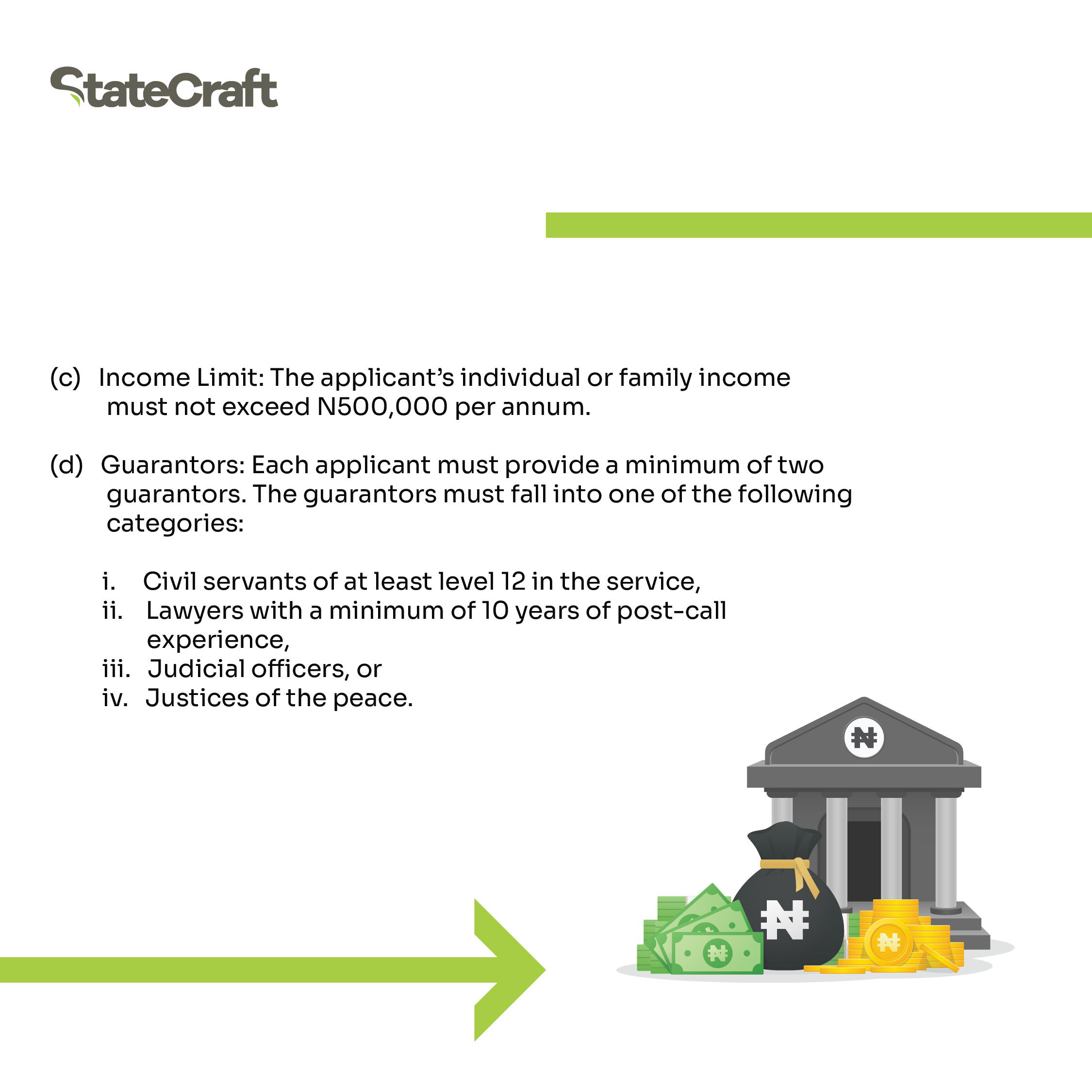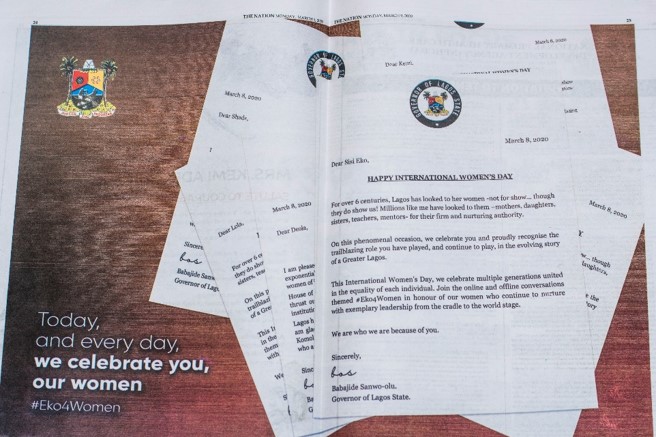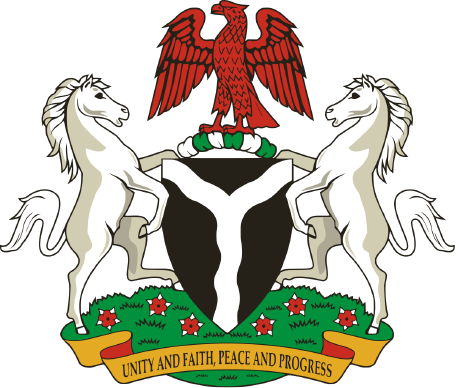#BreakingDownThePolicies – Revised Student Loan Bill 2024
#BreakingDownThePolicies – Everything You Need To Understand The Revised Student Loan Bill
For many young Nigerians, tuition fees and increasingly high living expenses create a significant barrier to attending university or any other higher institution. In June 2023, the Nigerian government took a step towards addressing this challenge by introducing the Student Loan Bill.
The initial bill proposed an interest-free loan scheme to provide financial aid to students pursuing tertiary education, fostering greater access and opportunity. However, the bill faced criticism for lacking clarity on crucial details.
Recognizing the concerns raised, President Tinubu sent a revised version of the Student Loan Bill, titled the “Student Loan (Access to Higher Education) (Repeal and Re-enactment) Bill, 2024″, to the National Assembly in March 2024. This revised bill, which has now been passed into law by the Senate, addresses the shortcomings of the original version by introducing significant changes and removing some conditions that could affect its sustainable implementation.
The first notable change is the reduced barrier to access. The new bill removes several hurdles that previously limited student loan eligibility. Students will no longer be disqualified based on their parent’s loan history. The requirement for a guarantor has also been eliminated. This simplifies the application process and allows students with limited financial backing from their families to apply independently.
The revised bill also removes the family income threshold condition. Previously, only students from families at a certain income level could access loans. This change opens the program to a wider pool of applicants, allowing more Nigerian students to pursue higher education.
One of the major changes is the new flexible repayment options. While the bill stipulates loan repayment begins upon employment, it offers a two-year grace period after completing the National Youth Service Corps (NYSC) program. Additionally, it allows for extending repayment deadlines if proof of unemployment (an affidavit) is presented. The revised bill also offers loan forgiveness in cases of death or circumstances beyond the borrower’s control, categorised as “acts of God.”
The bill strongly emphasises accountability and transparency. It establishes the Nigeria Education Loan Fund (NELFUND) as a corporate body with the authority to manage loan funds and enforce repayments. Additionally, the bill introduces a “justice and fairness” clause mandating a geographically diverse distribution of loans throughout Nigeria. To ensure integrity, the bill imposes a three-year jail term for anyone who provides false information during the loan application or repayment process.
The revised Student Loan Bill presents an opportunity for young Nigerians. On the positive side, it removes significant barriers to accessing higher education, allowing more students to pursue their academic goals. The flexible repayment options and loan forgiveness provisions offer additional peace of mind for borrowers.
However, some concerns remain. Loan amounts and repayment terms have yet to be officially announced. Additionally, the program’s long-term sustainability heavily depends on beneficiaries’ successful loan repayment.
The revised Student Loan Bill represents a significant step towards making higher education more accessible for young Nigerians. By eliminating barriers to entry, offering flexible repayment options, and ensuring accountability, the program has the potential to unlock educational opportunities for a broader population.
While challenges remain, the revised bill holds great promise for the future of Nigerian education. Of course, responsible planning and financial management are crucial to making the most of this opportunity, but the same can be said of nearly every initiative that exists.
#Breakingdownthepolicies
#Studentloanbill


